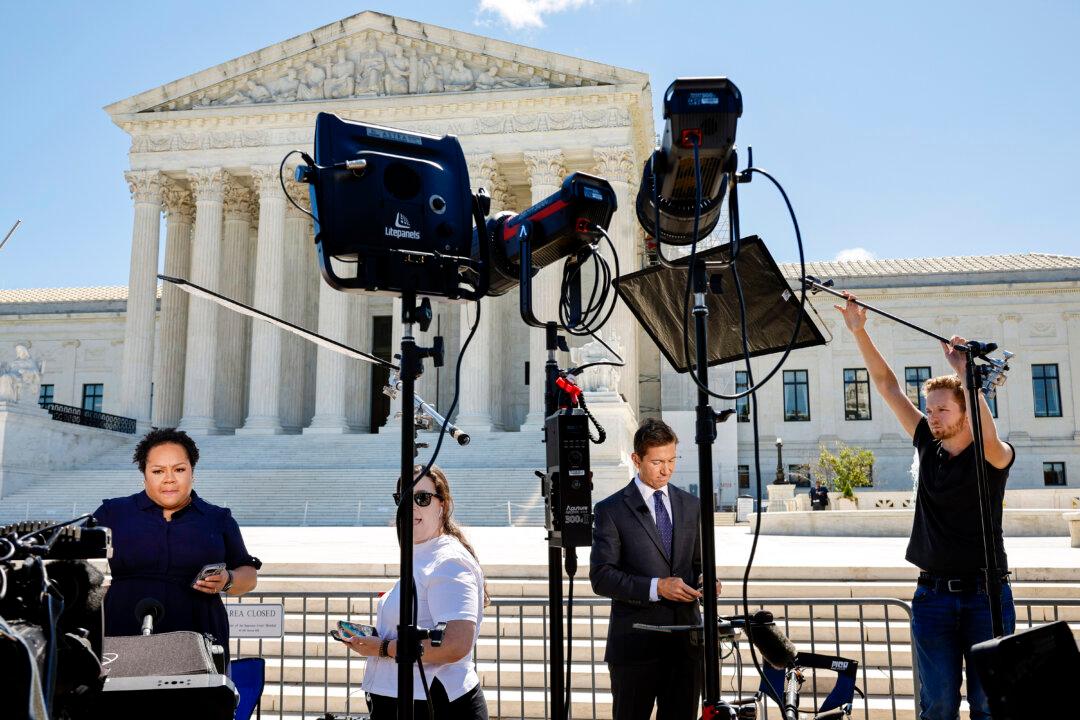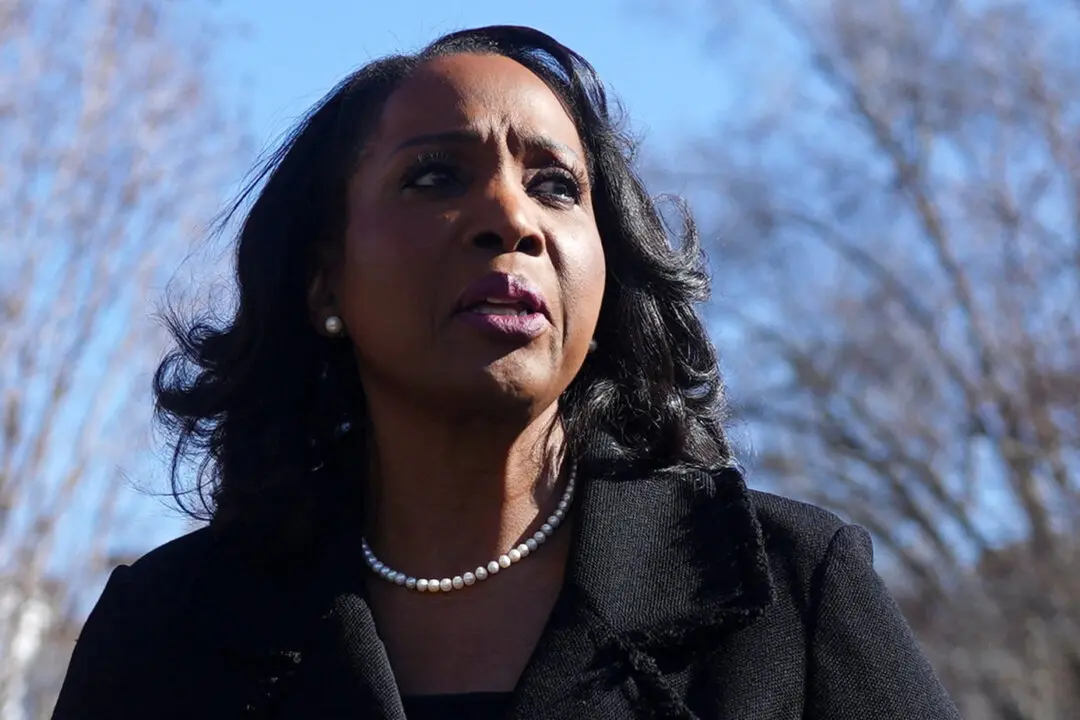The Supreme Court ruled 6–3 that presidents enjoy immunity from criminal prosecution for official, but not unofficial, acts—in a decision that’s expected to delay former President Donald Trump’s trial in the federal election case in Washington.
The Supreme Court held that: “Under our constitutional structure of separated powers, the nature of Presidential power entitles a former President to absolute immunity from criminal prosecution for actions within his conclusive and preclusive constitutional authority. And he is entitled to at least presumptive immunity from prosecution for all his official acts. There is no immunity for unofficial acts.”





